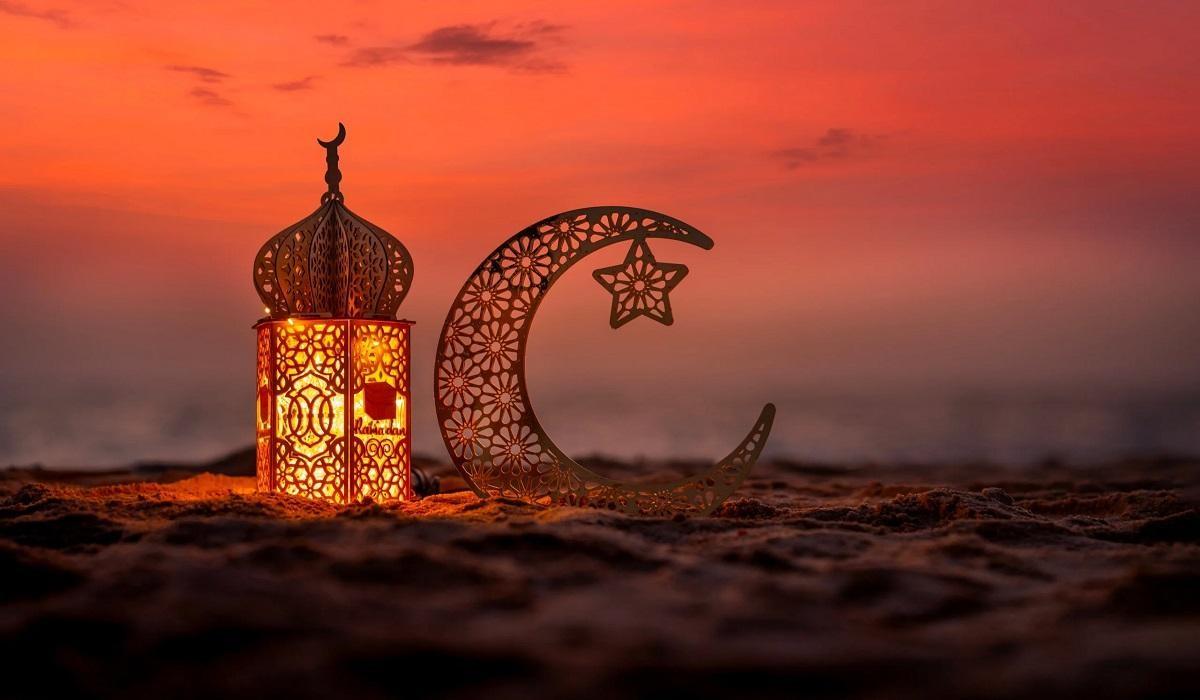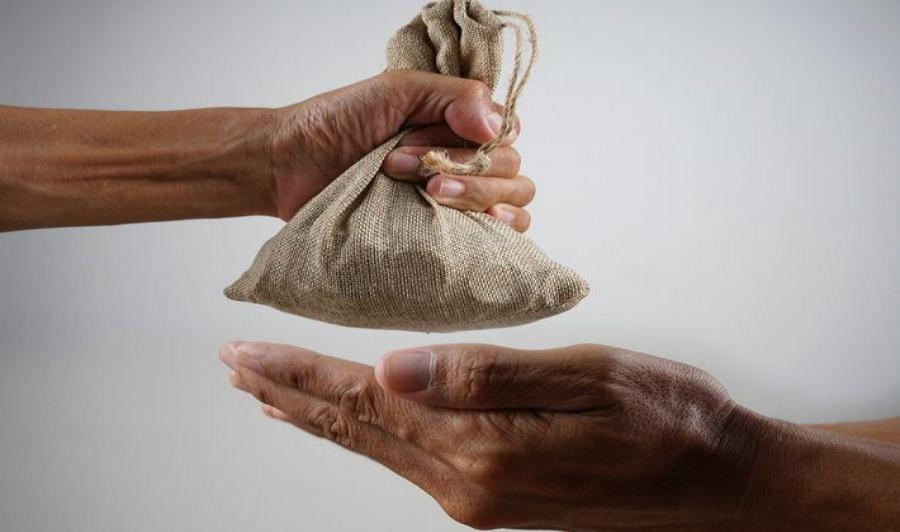Nisab and Conditions for Zakat on Gold

Table of Contents
Zakat is one of the five pillars of Islam, commanded by Allah to improve the conditions of the poor who lack daily sustenance. Islam has paved the way for the betterment of the poor and needy by encouraging the affluent to give Zakat. This act significantly transforms the lives of many and strengthens bonds of love and affection among society's classes, thereby achieving a social balance capable of building a strong, cohesive community overflowing with blessings and sustenance.
Therefore, follow our article today on Zakat on gold to learn about the conditions for fulfilling this Zakat, its Nisab (minimum threshold), and the amount of Zakat due, so that a Muslim may attain the expected reward and merit from the Great Creator.
Conditions for Zakat on Gold to Become Obligatory
Here is a set of conditions that must be met for Zakat on gold to become obligatory:
- The Zakat payer must be a Muslim; it is not obligatory on a non-Muslim.
- The Zakat payer must be an adult, sane, and mature individual. This condition is held by the Hanafi school of thought, while others believe that the guardian of a mentally incapacitated person can oversee the Zakat.
- The gold must be in the complete ownership of the Zakat payer.
- The gold must not be encumbered by debt, according to the Hanafi and Hanbali schools, while the Shafi'i school holds that Zakat is obligatory even in this case.
- The amount of gold must be 85 grams or more, provided that this amount is for pure gold without additives.
- A full lunar year (Hawl) must have passed on the Zakat payer's ownership of the gold.

Nisab and Amount of Zakat on Gold
For Zakat on gold to be valid, it's essential to understand its Nisab and amount, as follows:
Nisab: This is 85 grams of pure gold, which is considered the minimum threshold that must be met for Zakat to become obligatory.
Amount: The amount to be given is 2.5%, or one-quarter of one-tenth, of the total value of the gold once a full year of ownership has passed. This amount is then paid to the needy as Zakat, which carries great reward and merit.
Zakat on Worn Gold
Zakat is generally not obligatory on worn gold if the intention behind acquiring it was purely for adornment. However, according to some scholars, Zakat on worn gold becomes obligatory if it reaches the Nisab. This applies to both gold and silver. Evidence for this is the Hadith of the Prophet (peace be upon him) with a woman wearing bracelets, whom he asked, "Do you pay Zakat on this?" She said, "No." He said, "Would it please you for Allah to adorn you with two bracelets of fire on the Day of Resurrection?" So she threw them off and said, "They are for Allah and His Messenger." Similarly, Umm Salama (may Allah be pleased with her) used to wear golden ornaments and asked, "O Messenger of Allah, is this considered a treasure?" He replied, "Whatever reaches the Nisab and Zakat is paid on it, then it is not a treasure."
This Hadith indicates that Zakat on worn gold is valid if it reaches the Nisab, and that paying this type of Zakat is meritorious, though not strictly obligatory according to all schools of thought if purely for personal use.
Zakat on Jewelry and Ornaments (Other Than Gold)
Zakat is permissible on jewelry and ornaments if they are made from valuable precious metals that hold high value and can be given as valid Zakat to the needy and poor in Islam. If the purpose of acquiring gold and jewelry was to increase and grow one's wealth, then Zakat on it is valid. However, if the sole purpose of purchasing these ornaments was for adornment, then Zakat is generally not obligatory on them, according to Islamic teachings.
Donate Your Zakat to Displaced Persons and Refugees
Take the initiative to donate your Zakat to displaced persons and refugees who have been forced to abandon their homes due to war. These individuals live incredibly difficult lives, lacking basic necessities, and are in dire need of special support to secure food and water to achieve a better life, as they reside in shelters and tents.
Islam has given significant attention to this category, encouraging the giving of Zakat to them, as they are among the poor, needy, and destitute. Moreover, they are among the primary eligible recipients of Zakat, and the Zakat payer will receive great reward and a high status with Allah. This humanitarian act will draw them closer to Paradise. Evidence for this is the saying of the Prophet (peace be upon him): "(Give Sadaqah, for there will come a time when a man walks with his Sadaqah, and another man will say: 'Had you brought it yesterday, I would have accepted it from you, but today I have no need for it.')"
Therefore, you can donate to humanitarian organizations and associations like ELVEFA, which will, in turn, undertake the fair distribution to relieve the distress of these needy people and alleviate the burdens of displacement and deprivation they have endured.







